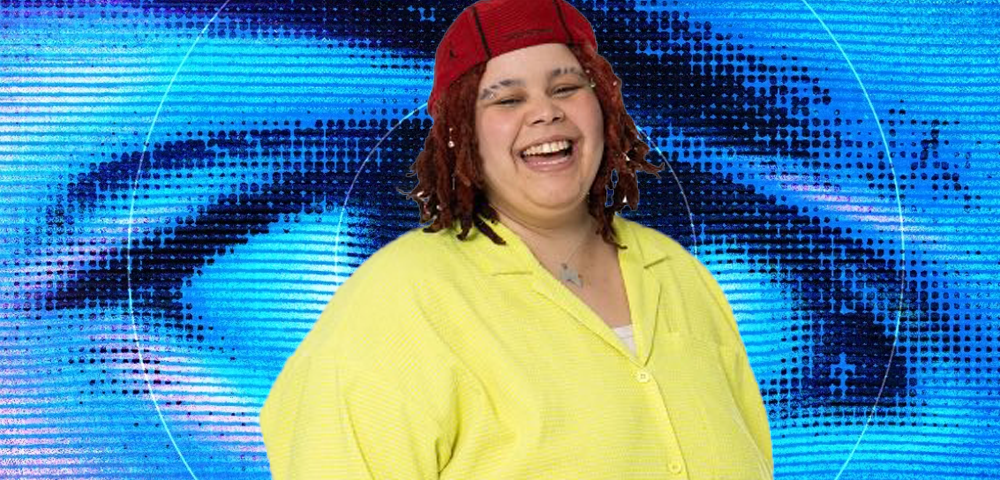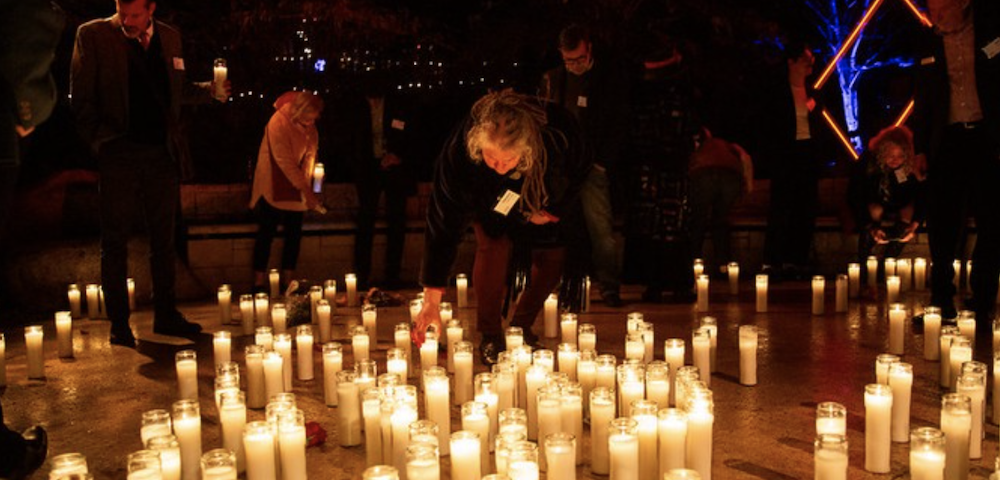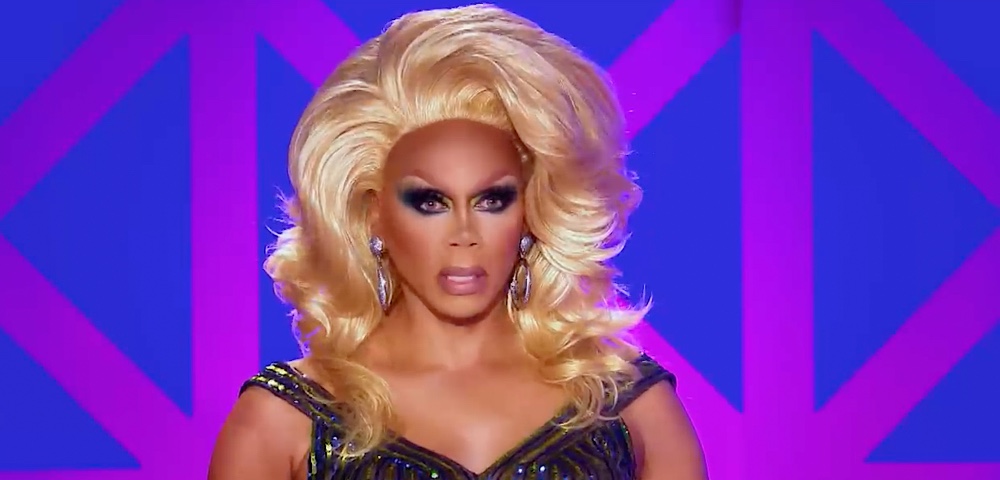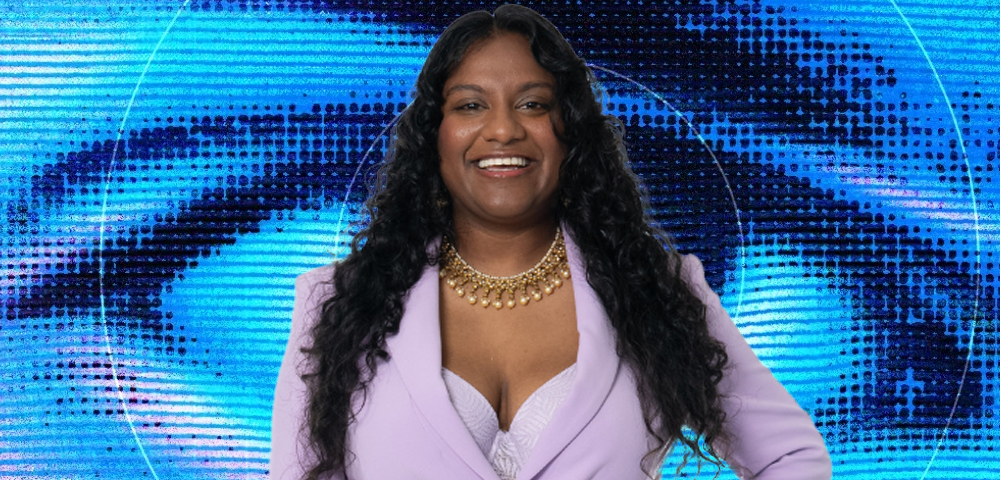
Why aren’t this year’s queer Oscar contenders being marketed as LGBTI stories?
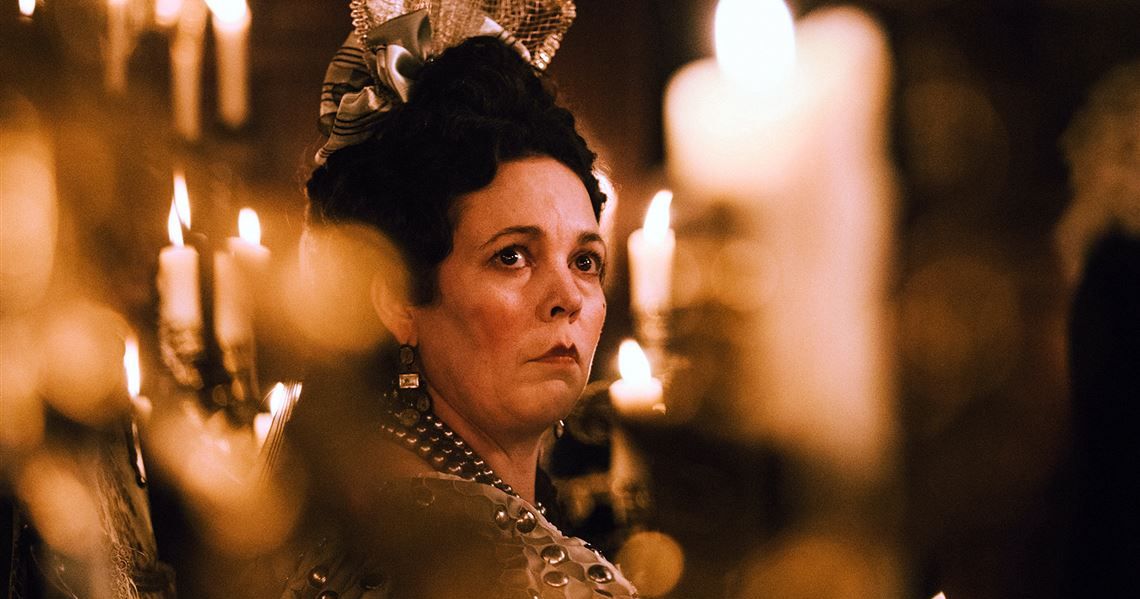
This awards season finds queer stories edging further into the mainstream. Laurence Barber looks at the complex intersection of cinema, LGBTI representation, and commerce.
* * *
“I like it when she puts her tongue inside me.”
If you were to guess which 2018 film starring Rachel Weisz contained that line of dialogue, you might first guess Disobedience, in which the Oscar winner played a British woman who rekindles a passionate, youthful romance with Rachel McAdams upon returning to the Orthodox Jewish community she had left behind.
That it is instead a barb from the mouth of Olivia Colman’s Queen Anne in The Favourite may be a surprise if you haven’t seen it yet.
Yorgos Lanthimos’ film about two women vying for the Queen’s favour, with competing but often overlapping motives, is queer from start to finish.
The trailer, however, bears minimal suggestion that Weisz’ Sarah Churchill has long been fucking the Queen.
It hints only slightly that Churchill’s cousin Abigail Hill (Emma Stone) enters the picture and herself sets about wooing the Queen.
If you rewatch the trailer after seeing The Favourite, it’s like watching a trailer for Jurassic Park which leaves out the dinosaurs.
So too has the queerness of Can You Ever Forgive Me? been papered over; the biopic of noted lesbian literary forger Lee Israel centres around her friendship with Jack Hock, a gay conman who became Israel’s confidant.
Their identities are significant details, woven delicately through the tapestry of this sadly underseen film.
The trailer, of course, gives no indication that the rare dynamic of their friendship forms a major, climactic part of the story.
Green Book, which is out in late January, turns Dr. Don Shirley, a noted African-American classical and jazz pianist, into a supporting character in his own life.
The film dramatises one of Shirley’s 1960s tours of the Deep South, having hired racist Italian-American Tony ‘Lip’ Vallelonga as his driver.
It’s a hopelessly dated and facile inversion of the Driving Miss Daisy formula.
Worse than that is that Shirley’s family has condemned it as a fundamental mischaracterisation of a man who kept company with civil rights leaders and the likes of Nina Simone and Duke Ellington.
Green Book instead posits Shirley as a lonely, borderline effete black man adrift from and unfamiliar with African-American culture, ladling only the most pitying vision of his queerness on top to emphasise his otherness.
These films, from a marketing perspective, all face a certain quandary.
Queer stories are becoming increasingly prominent in cinema, and closer to the mainstream than ever. But when queer stories become films and are allowed a certain prominence, such as that afforded by the looming sparkle of Oscar attention, they become fraught financial prospects.
They typically hit a mid-to-low budget ceiling, most often having been financed or made outside the Hollywood studio system, as with Call Me By Your Name, Moonlight, and Carol.
Distributors often pick them up at film festivals following rave reviews, using the possibility of eventual Oscars as a marketing tool to reach a wider audience where most films of their size fail.
But those examples are explicitly queer, and near-impossible to market as otherwise.
2018’s queer awards contenders make up something of a representational middle period, trapped somewhere in between; queer enough to be comparable, but not so gay that it’s immediately obvious.
This middleground is one we’ve seen before with the likes of The Imitation Game and The Danish Girl, which were cravenly designed around the idea they were telling a “human story” rather than a queer one.
But films like these only survive if they make money.
Bohemian Rhapsody, which seems poised to appear at the Oscars as well, became an enormous hit this year, despite the scandal of being largely directed by Bryan Singer, who has been repeatedly accused of sexual misconduct and assault over the years.
Despite early reports suggesting otherwise, the film does show Freddie Mercury’s queerness.
But the film bathes his relationship with a woman in golden hues before presenting his queerness as lurid and damaging; by the end, the film advances his AIDS diagnosis by two years just to add false emotional resonance to its climactic Live Aid recreation.
The key here is that global box office means more than ever before in terms of a film’s success, with American – and Australian – moviegoers tending more towards ‘event’ films like Marvel blockbusters.
Going to the movies is expensive, and watching smaller films at home suits our modern day streaming habits.
As queer stories globalise, audiences may end up the Queen Anne of it all; beset by the need to smooth over a film’s queerness to maximise international market appeal on one side, while besieged by the prospect of high-profile queer films failing financially and slowly being lost to the overgrown wilds of television on the other.
As in The Favourite, perhaps no one really wins.




